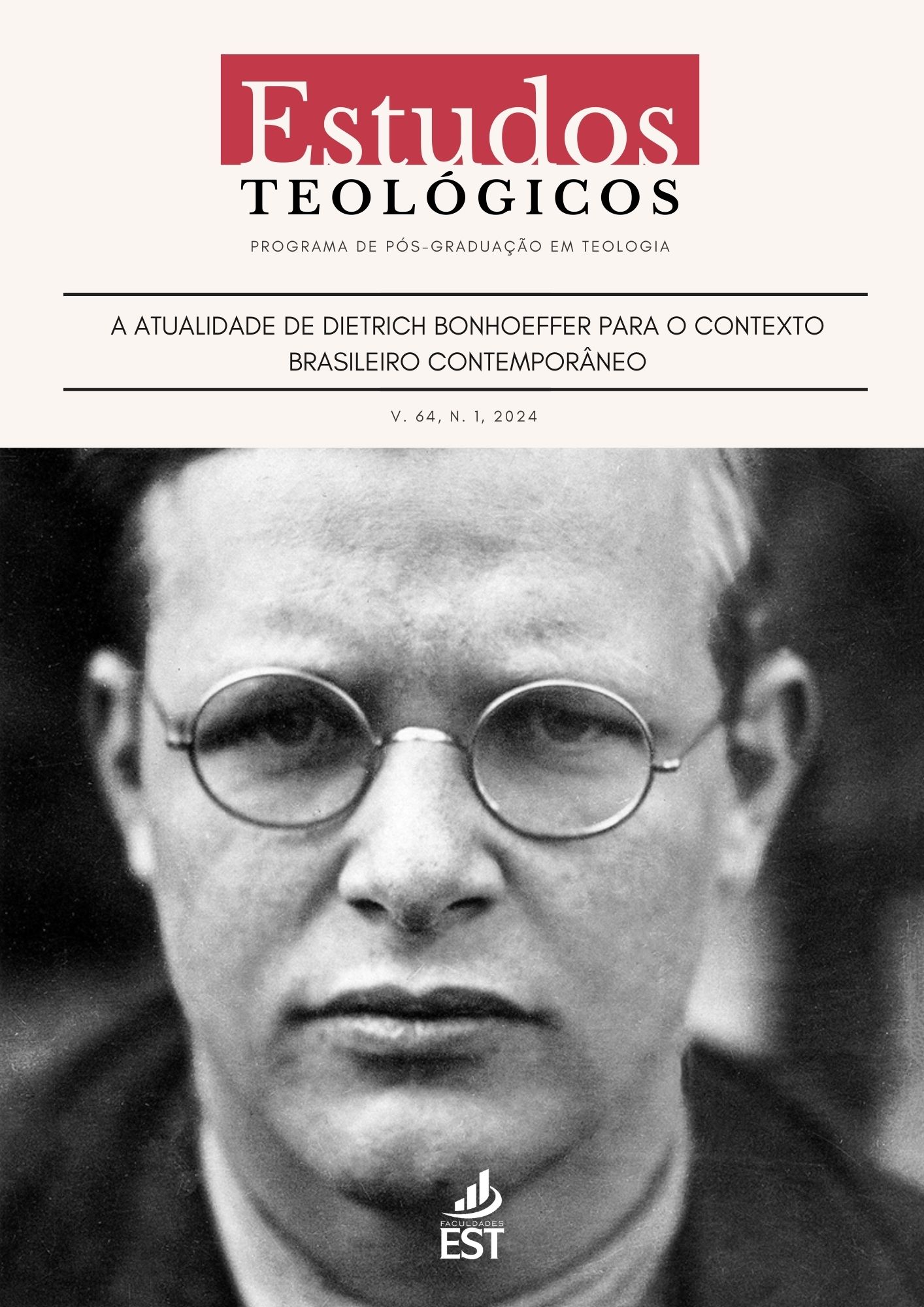To come to light as a human being: anthropological implications of religious practice.
Implicaciones antropológicas de la práctica religiosa
DOI:
https://doi.org/10.22351/et.v64i1.1528Keywords:
Anthropology, Christianity, worship, preaching, sermon, religion, art of living, freedom, human condition, religious practiceAbstract
In religious practice and Protestant anthropology, human beings primarily appear as sinners who cannot and should not do anything to be saved from their misery. Correspondingly, the self-destructive dynamics of humanity are emphasized, or alternatively, their need for salvation in the face of sin, death, and the devil — and the fatal consequences of their own autonomy. What is lacking is an anthropologically coherent definition that does not focus solely on soteriological aspects and unilaterally contradicts any principle of performance, but rather takes into account the human being as the subject of their own life, possessing their own judgments, informed decisions, and a clear and self-determined will. Without these tools of the art of living, people cannot dedicate themselves to life with commitment and passion, nor can they truly be present in it. The only religious practice that corresponds to the culture of the Christian faith is one that allows the individual to emerge into the light as a human being. This contribution exposes the reasons and perspectives of this approach.












